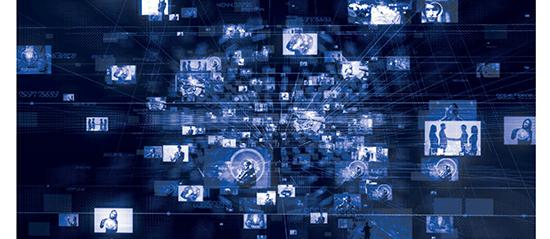EUIPO’s Research on Online Business Models Infringing Intellectual Property Rights

Source: EUIPO
Television broadcasts include today many various contents that consumers like to watch – from television series, films and other audiovisual contents to various sports events. Technological development and new modes of broadcasting via the internet created new business opportunities for broadcasting organisations, but also set barriers and challenges before these entities, because of frequent unauthorised transmission of their broadcasts.
EUIPO’s research published under the original title “Illegal IPTV in the European Union– Research on Online Business Models Infringing Intellectual Property Rights – Phase 3” has shown that 13.7 million of the European Union (EU) population or 3.6% Europeans used services which enable unauthorised transmission of television broadcasts over the internet during 2018, and it is assessed that revenue generated by such unlawful activities accounted for over EUR 941 million. The research contains data gathered by EU Member States, including the data for the Republic of Croatia. Countries most affected by this problem are the Netherlands and Sweden.
The report contains explanations of technical aspects of delivery of television content over the internet, explanations of business models, a review of legislative framework adopted at the level of the European Union in this field and case-law in the EU Member States.
Namely, rights holders can avail civil enforcement measures to apply against direct infringers of their intellectual property rights, in this case copyright and related rights, and injunctions can be sought against internet access providers to curb further unauthorised communication of protected contents (so-called blocking access); in case of more serious infringements of rights committed on a commercial scale, criminal procedures and measures are also available to rights holders.
The entire research is available via the following link.
Datum novosti: 04/12/2019